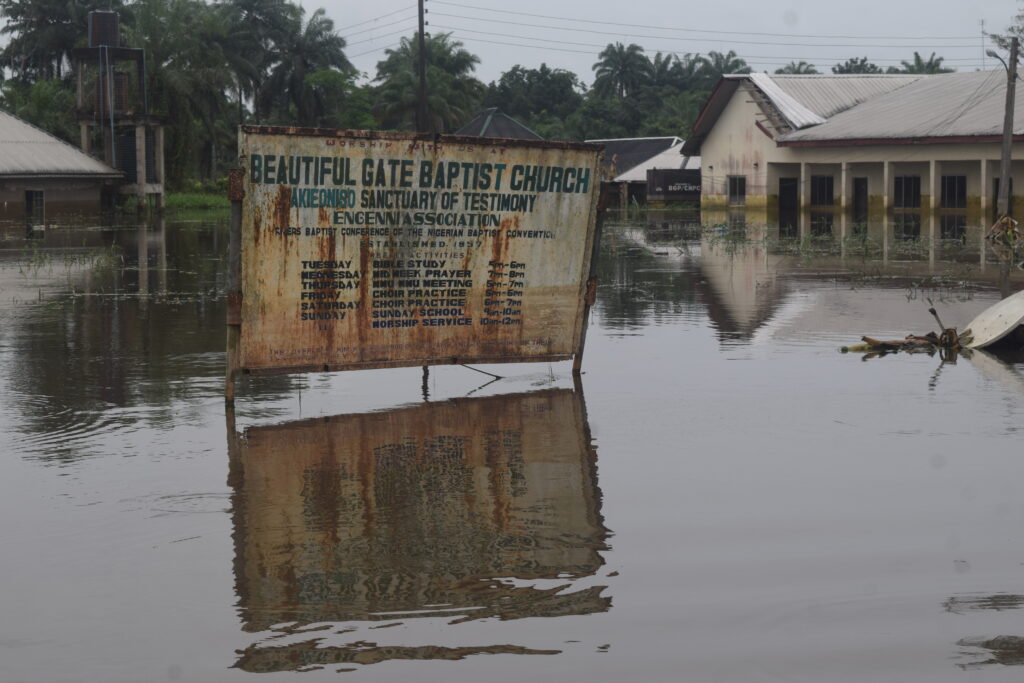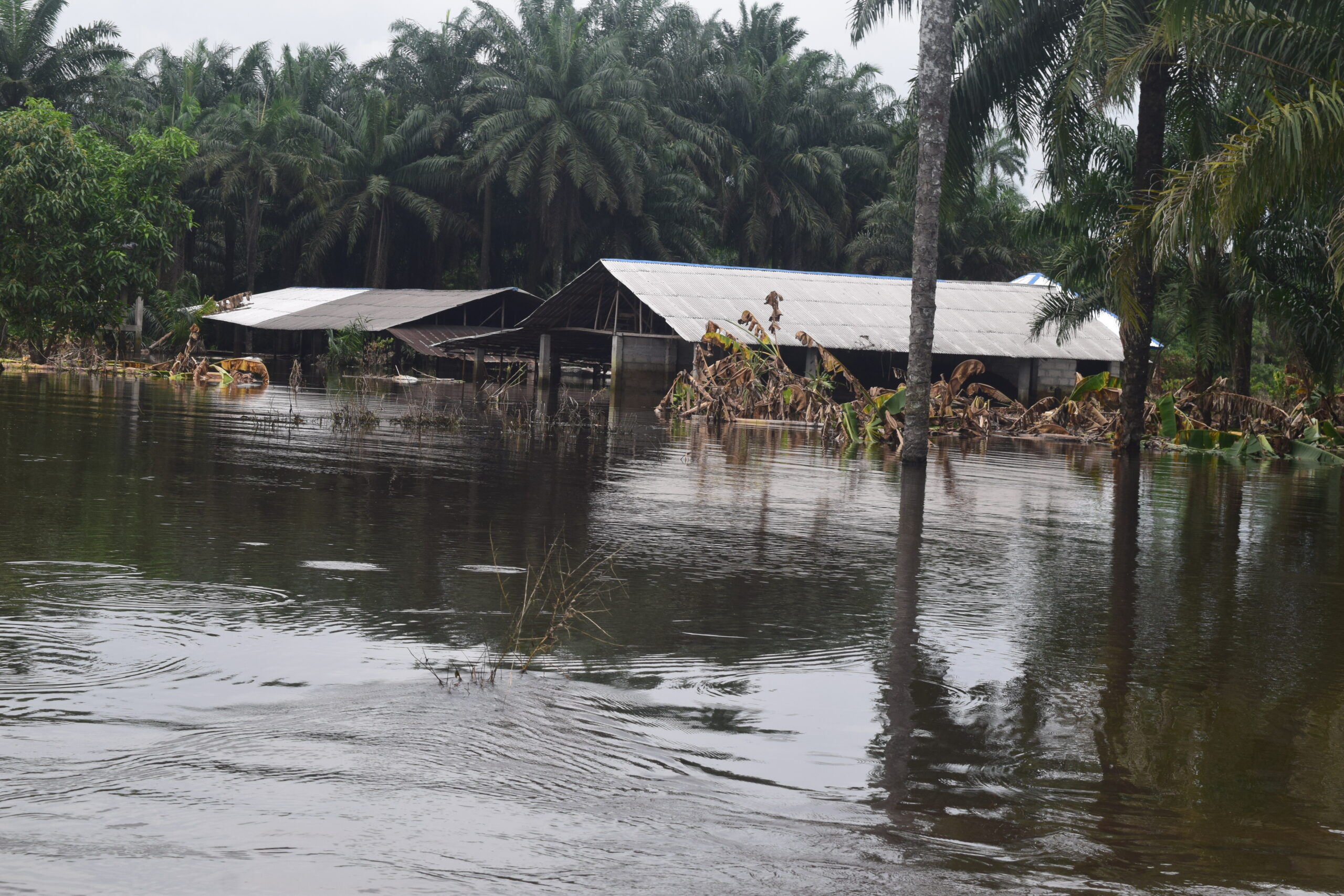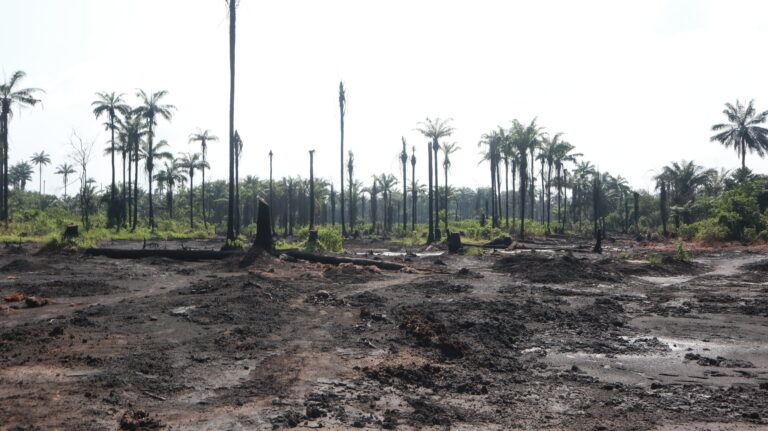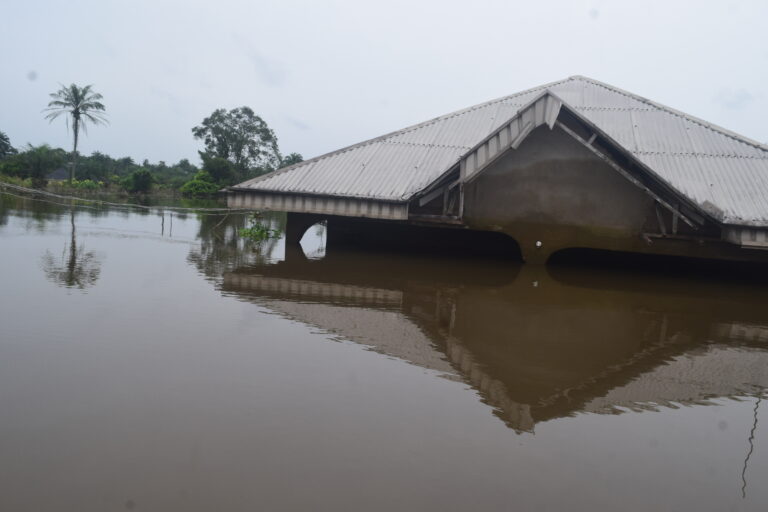Nigeria’s Federal Government and the Devastating Impact of Ignored Flood Warnings
In a tragic repetition of history, Nigeria finds itself grappling with yet another cycle of flooding, one that could have been mitigated through timely action and heed to warnings. The Nigerian Meteorological Agency (NIMET) has long been sounding the alarm bells regarding the impending floods, only to have their warnings brushed aside by the federal government. The consequence of such negligence is not only the damage caused to the environment but the disruption of lives and livelihoods of millions of Nigerians.
NIMET, as the foremost authority on weather and climate predictions in Nigeria, has been diligently monitoring meteorological patterns and issuing flood forecasts. These forecasts are based on a combination of historical data, satellite observations, and computer modeling. For years, NIMET has consistently provided accurate predictions, highlighting regions at risk of flooding due to heavy rains, overflowing rivers, and poor drainage systems.
However, the federal government’s response has been insufficient, reflecting a disregard for the potential consequences of inaction. According to the National Emergency Management Agency (NEMA), more than 676,000 hectares of farmlands were damaged by flooding in the 2022 rainy season alone[1]. As at August 9, 2023, flooding has affected about 33,983 persons in 10 states of Nigeria out of which 7,353 persons were displaced, 75 injured, 5 deaths recorded, 1,679 houses damaged and 866 hectares of farmlands devastated[2]. According to Mr Clement Nze, Director-General of the Nigeria Hydrological Services Agency (NIHSA), the flood incidents recorded were as a result of overflow of silted rivers, channels and poor or blocked drainage systems.
Despite these disturbing incidents, the federal government has made no adequate plans to mitigate flooding and its impact. Limited allocation of resources for disaster preparedness and lack of proper urban planning have contributed to exacerbating the flood situation in the country.

Floods have far-reaching effects on communities, extending beyond immediate damage to property. Lives are disrupted, as families are displaced from their homes, often losing their belongings and sources of income. Moreover, inadequate sanitation in flooded areas can lead to the spread of waterborne diseases, causing additional health risks.
The economic repercussions are equally significant. Agriculture, a key sector in Nigeria generates about 24 percent of Nigeria’s Gross Domestic Product (GDP). This sector has heavily been impacted by floods; crops are destroyed, leading to food shortages and higher prices. Nigeria currently ranks 103rd out of 121 countries in the Global Hunger Index[3]. The National Bureau of Statistics (NBS) 2022 Multi-dimensional Poverty Index (MPI) survey also estimated that 133 million Nigerians are multi-dimensionally poor with food as one of the indicators[4]. The NBS 2022 flood assessment exercise also recorded a high impact of flooding on agriculture and properties[5].
While the Agricultural sector can be said to suffer significantly from floods, the entire economy is at great risk. Infrastructure such as roads, bridges, and power lines are damaged, impeding economic activities. Small businesses are especially vulnerable, often lacking the resources to recover from flood-induced losses.
As Nigeria navigates through 2023 and beyond, it is crucial that the government takes proactive measures to address the root causes of flooding. The Federal government must demonstrate proactive disaster preparedness by allocating sufficient funds to disaster management agencies like NIMET and invest in early warning systems. These systems should provide timely information to help vulnerable communities well before the floods.
Investment in infrastructures like road networks, bridges, and drainage systems can go a long way in minimizing flood impacts. These infrastructural improvements should be designed with climate resilience in mind. The construction of proper drainage systems and flood-resistant infrastructure in urban areas during the dry season can reduce the damage caused in flood-prone areas. Instead of forcefully evicting citizens off their properties, the government can do well in enforcing zoning regulations to prevent construction in flood-prone areas. Where eviction is necessary for safety, the government should consider providing temporary shelters for displaced individuals.
Despite the bulk of information available on climate change and flooding in Nigeria, most citizens in vulnerable areas do not understand the risks involved and where they do, they do not have proper evacuation strategies. This is why the government and civil society organizations must continuously engage in public education campaigns. These campaigns not only inform citizens about flood risks but best practices for preparedness. This can include evacuation plans, securing important documents, and adopting flood-resistant construction techniques. While this would not save the Nation completely from the impacts of flooding, it can reduce the number of casualties recorded.
Recognizing that climate change exacerbates extreme weather events, Nigeria should prioritize its commitment to international climate agreements. Investing in renewable energy, reducing deforestation, and promoting sustainable practices can contribute to minimizing future flood risks. Only through collective action and a commitment to heeding expert advice can Nigeria hope to break the cycle of destructive floods and safeguard its future.
[1] https://www.thisdaylive.com/index.php/2023/01/26/mitigating-food-insecurity-in-2023/
[2] https://leadership.ng/2023-flood-33983-persons-already-affected-nema/
[3] https://www.globalhungerindex.org/nigeria.html
[4] https://nigerianstat.gov.ng/news/78
[5] https://businessday.ng/agriculture/article/flooding-slows-agric-growth-to-2-05-in-2022-q4/





